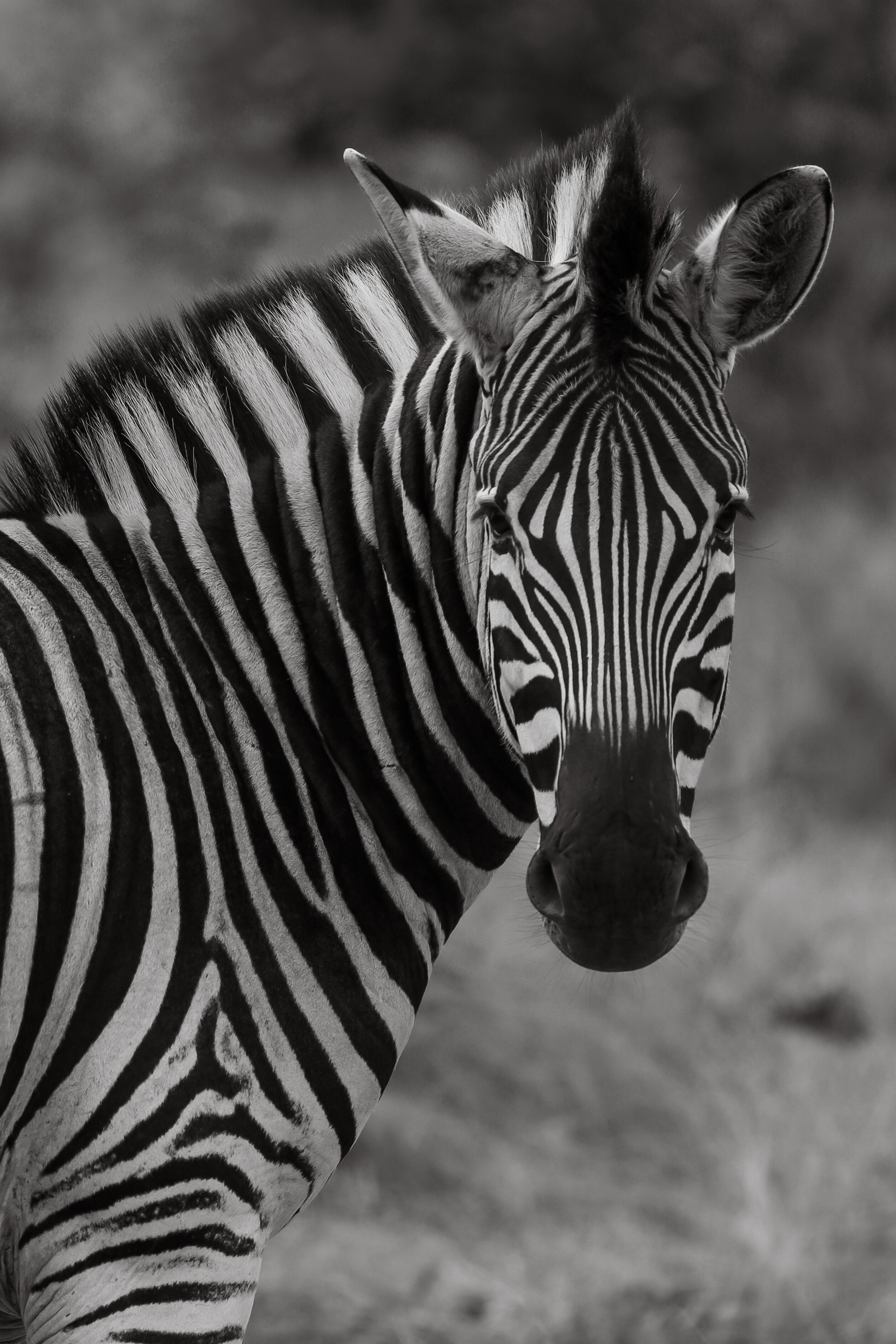Capturing the Wild
A Guide to Photographing African Wildlife in South Africa
South Africa is a wildlife photographer's dream, boasting a vast array of landscapes and a stunning diversity of animal species. From the iconic Big Five to lesser-known but equally fascinating creatures, the country's national parks and private reserves offer endless opportunities to capture nature at its most raw and beautiful. Whether you're a seasoned professional or a budding enthusiast, here are essential tips to enhance your wildlife photography experience in South Africa.
Choose the Right Gear
Cameras and Lenses
Investing in a good camera and lens is crucial. A DSLR or mirrorless camera with a fast shutter speed and good low-light performance will serve you well. Telephoto lenses (200mm-600mm) are essential for capturing distant animals without disturbing them. A wide-angle lens can also be useful for landscape shots that include wildlife.
Accessories
Don't forget accessories like a sturdy tripod, extra batteries, and memory cards. A bean bag can be particularly useful for stabilizing your camera when shooting from a vehicle.
Know Your Subject
Understanding animal behavior is key to predicting their actions and getting the perfect shot. Spend time researching the species you plan to photograph. Learn about their habitats, feeding patterns, and social structures. This knowledge will help you anticipate moments and position yourself correctly.
Optimal Timing
Early Mornings and Late Afternoons
The best times for wildlife photography are early mornings and late afternoons when animals are most active, and the lighting is soft and golden. The harsh midday sun can create strong shadows and overexposed highlights.
Seasonal Considerations
The dry season (May to October) is generally the best time for wildlife photography in South Africa. Animals congregate around water sources, and the sparse vegetation makes them easier to spot.
Patience and Persistence
Wildlife photography requires patience. Be prepared to spend long hours waiting for the perfect moment. Stay quiet and minimize movements to avoid scaring away the animals. Remember, it's about quality, not quantity.
Ethical Photography
Respect for wildlife is paramount. Always keep a safe distance from animals and avoid disrupting their natural behavior. Follow the guidelines set by parks and reserves. Use a zoom lens to get close-up shots without intruding on their space.
Best Locations in South Africa
Kruger National Park
One of Africa's largest game reserves, Kruger National Park is home to an incredible diversity of wildlife. The park offers various accommodations and guided tours, making it accessible for all types of photographers.
Sabi Sands Game Reserve
Renowned for its leopard sightings, Sabi Sands is a prime location for big cat photography. The reserve's private lodges offer exclusive game drives with experienced guides.
Hluhluwe-Imfolozi Park
This park in KwaZulu-Natal is famous for its conservation efforts and white rhino population. The scenic landscapes and diverse wildlife make it a great spot for photography.
Post-Processing Tips
Editing is an essential part of digital photography. Use software like Adobe Lightroom or Photoshop to enhance your images. Adjust the exposure, contrast, and color balance to bring out the best in your photos. However, avoid over-processing; the goal is to enhance, not alter reality.
Share Your Work
Sharing your photos on social media and photography platforms can inspire others and build your portfolio. Use relevant hashtags and geo-tags to reach a broader audience. Consider submitting your best shots to wildlife photography contests for wider recognition.
Conclusion
Photographing African wildlife in South Africa is a rewarding experience that offers both challenges and immense satisfaction. With the right preparation, patience, and respect for nature, you can capture stunning images that tell the story of the wild. So pack your gear, head to South Africa, and embark on an unforgettable photographic adventure.
By following these tips, you can improve your chances of capturing breathtaking images of African wildlife. Happy shooting!
Feel free to reach out for more personalized advice or join our photography workshops designed for wildlife enthusiasts.
For more tips and updates, subscribe to our newsletter and follow us on social media.





